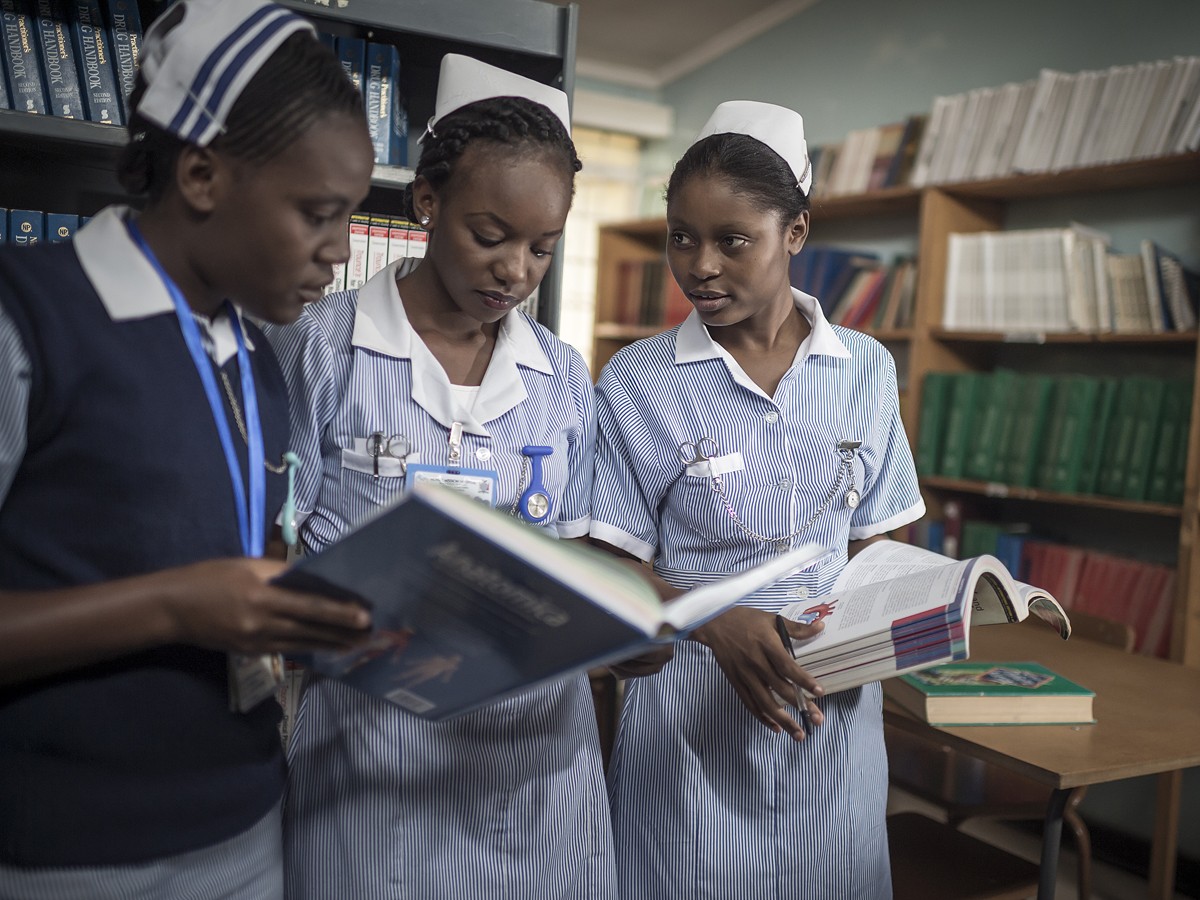Parcesepe A, Tymejczyk O, Remien R, Gadisa T, Kulkarni SG, Hoffman S, Melaku Z, Elul B, Nash D. AIDS Behav. 2018 Feb 16. doi: 10.1007/s10461-018-2059-8.
Abstract
Recent World Health Organization HIV treatment guideline expansion may facilitate timely antiretroviral therapy (ART) initiation. However, large-scale success of universal treatment strategies requires a more comprehensive understanding of known barriers to early ART initiation. This work aims to advance a more comprehensive understanding of interrelationships among three known barriers to ART initiation: psychological distress, HIV-related stigma, and low social support. We analyzed cross-sectional interview data on 1175 adults initiating ARTat six HIV treatment clinics in Ethiopia. Experience of each form of HIV-related stigma assessed (e.g., anticipatory, internalized, and enacted) was associated with increased odds of psychological distress. However, among those who reported enacted HIV-related stigma, there was no significant association between social support and psychological distress. Interventions to improve mental health among people living with HIV should consider incorporating components to address stigma, focusing on strategies to prevent or reduce the internalization of stigma, given the magnitude of the relationship between high internalized stigma and psychological distress. Interventions to increase social supportmay be insufficient to improve the mental health of people living with HIV who experienced enacted HIV-related stigma. Future research should examine alternative strategies to manage the mental health consequences of enacted HIV-related stigma, including coping skills training.








